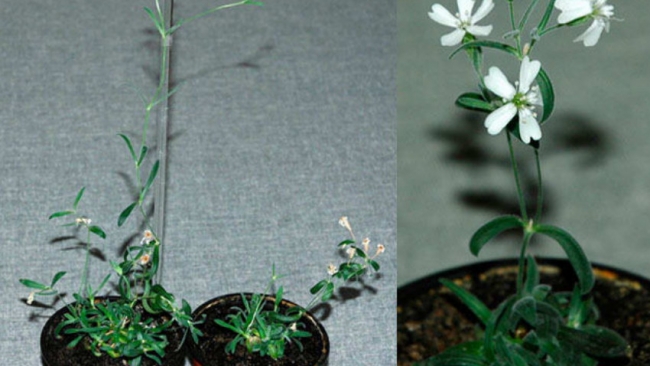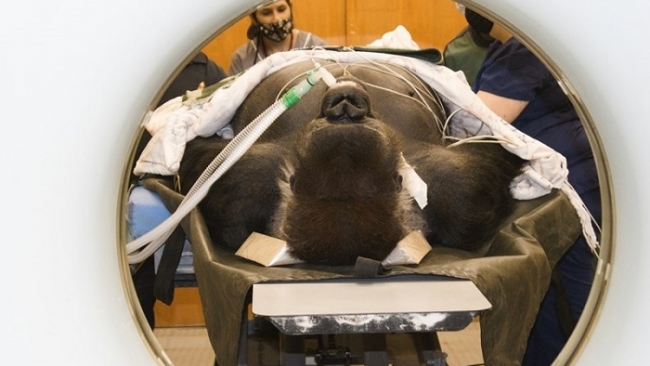Ending the Rat Race: How Evolution Can Change Science for the Better
.jpg)
Current reforms to end the ‘rat race’ between scientists can help; but are they enough?
Science is society’s best method for understanding the world. Yet many scientists are unhappy with the way it works, and there are growing concerns that there is something “broken” in current scientific practice.
Many of the rules and procedures that are meant to promote innovative research are little more than historical precedents with little reason to suppose they encourage efficient or reliable discoveries. Worse, they can have perverse side-effects that harm both science and scientists. A well-known example is the general preference for positive over negative results, which creates a “publication bias” — giving the false impression that certain effects exist, where in reality the dissenting evidence simply fails to be released.
Arizona State University researchers Thomas Morgan and Minhua Yan, working with ASU graduate Leonid Tiokhin, now at University of Technology Eindhoven in the Netherlands, have developed a new model, published this week in Nature Human Behaviour, to better understand the challenges facing the scientific process and how we can make it better. They focused on the “priority rule”: the tendency for the first scientist to document a finding to be disproportionately rewarded with prestige, prizes and career opportunities while those in second place get little to no recognition.
Source: SciTechDaily
Thu 4 Feb 2021 at 09:48





